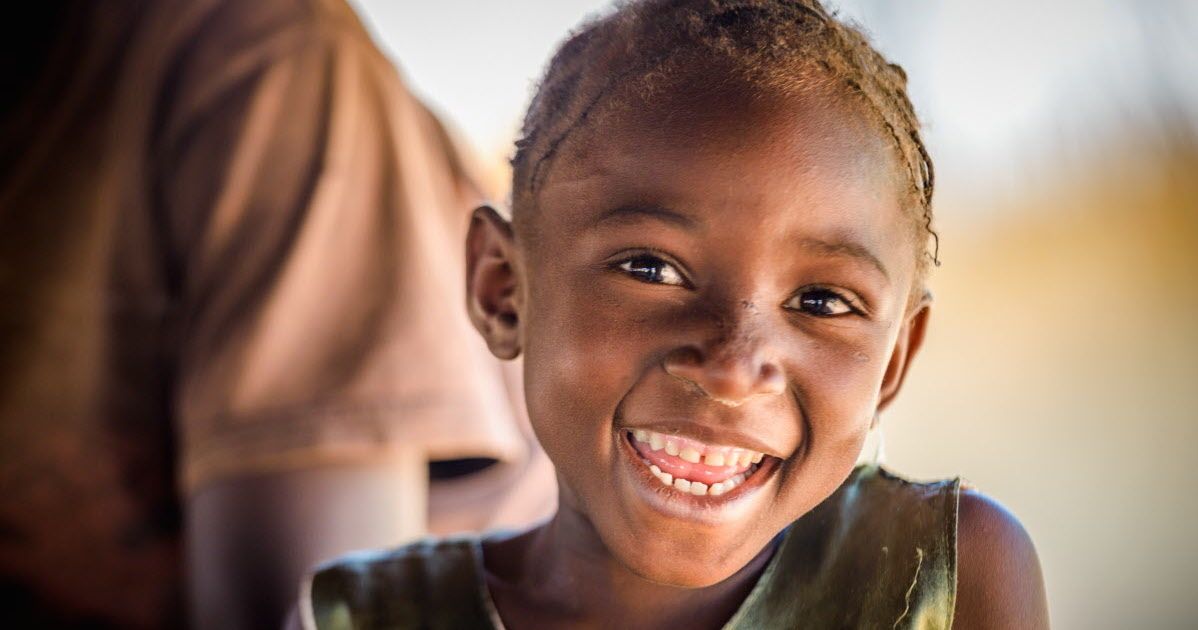
The Science Is In. Punishing Children Does Serious, Long-Term Damage
Try not to hit your children.
Punishing — normally characterized as hitting a kid on the bottom with an open hand — is a typical type of train still utilized on youngsters around the world. Be that as it may, to date, punishing has been restricted in 53 nations and states all inclusive.
The utilization of punishing has been fervently finished the most recent a very long while. Supporters express that it is sheltered, important and compelling; adversaries contend that punishing is hurtful to kids and damages their human rights to security.
As two researchers with broad research understanding and clinical knowledge in the field of kid abuse, and with particular aptitude identified with hitting, we might want to move past this level headed discussion.
The examination plainly demonstrates that punishing is identified with an improved probability of numerous weakness, social and formative results. These poor results incorporate emotional wellness issues, substance utilize, suicide endeavors and physical wellbeing conditions alongside formative, behavioral, social and psychological issues.
Similarly vital, there are no examination considers demonstrating that hitting is helpful for youngsters.
The individuals who say hitting is ok for a tyke if done particularly are, doubtlessly, essentially communicating suppositions. What's more, these sentiments are not upheld by logical confirmation.
The confirmation on beating
There have now been many great hitting research ponders with a wide assortment of tests and study plans. After some time, the nature of this exploration has enhanced to incorporate better beating measures and more complex research outlines and factual strategies.

The logical proof from these examinations has reliably demonstrated that hitting is identified with destructive results for kids.
This has been best shown in two point of interest meta-examinations drove by Elizabeth Gershoff.
The principal paper, distributed in 2002, looked into and broke down 88 thinks about distributed in the 62 years earlier and found that physical discipline was related with physical manhandle, misconduct and introverted conduct.
A refreshed meta-examination was most as of late distributed in 2016. This explored and examined 75 considers from the past 13 years, inferring that there was no confirmation that punishing enhanced tyke conduct and that hitting was related with an expanded danger of 13 impeding results.
These incorporate hostility, standoffish conduct, psychological well-being issues and negative associations with guardians.

We now have information that plainly exhibits that beating isn't sheltered, nor compelling. Obviously this does not make guardians who have utilized hitting awful guardians. Previously, we basically did not know the dangers.
Towards positive child rearing procedures
Proof from more than 20 years of research reliably shows the damages of beating. There is likewise expanding worldwide acknowledgment of the privileges of kids to insurance and poise, as recorded in the UN Convention on the Rights of the Child and in focuses inside the UN Sustainable Development Goals (SDGs) to kill viciousness.
Taken together, these disclose to us that beating ought to never be utilized on youngsters or youths of all ages.
It is imperative, now, to discover approaches to enable guardians to utilize positive and non-physical methodologies with their youngsters. Research as of now demonstrates some proof that child rearing projects particularly went for counteracting physical discipline can be effective.
Some proof for diminishing brutal child rearing and physical discipline has been found for Parent-Child Interaction Therapy (PCIT), the Incredible Years (IY) program and the Nurse Family Partnership (NFP).
Other promising home going to activities and intercessions occurring in group and pediatric settings are likewise being analyzed for demonstrated adequacy.
The ConversationAs scientists, we likewise need to reframe the exploration we are directing, the inquiries we are asking and the exchanges we are having — to move this field advances and to guarantee the wellbeing and prosperity of kids.
The scholastic diary Child Abuse and Neglect has distributed a unique issue, containing unique research and talk papers containing further techniques.
so don't spank your children
